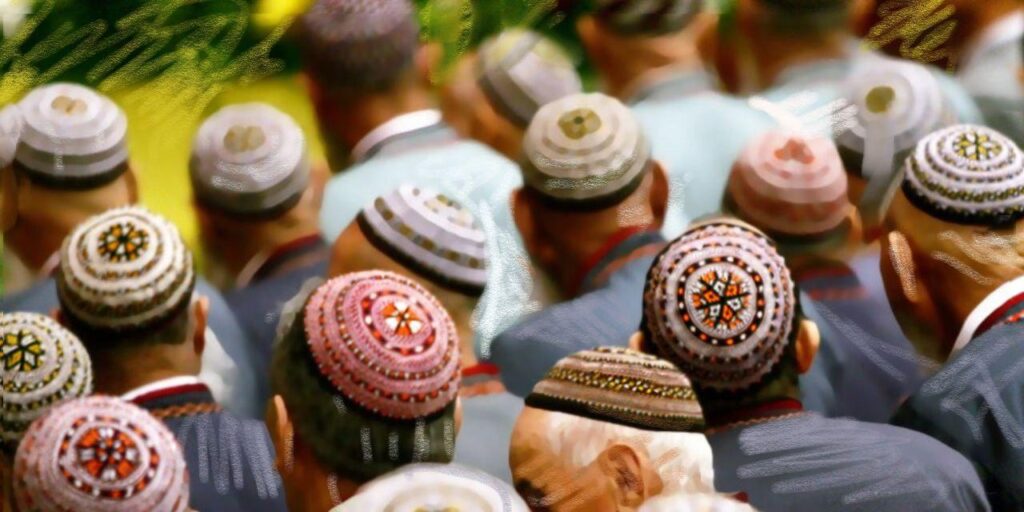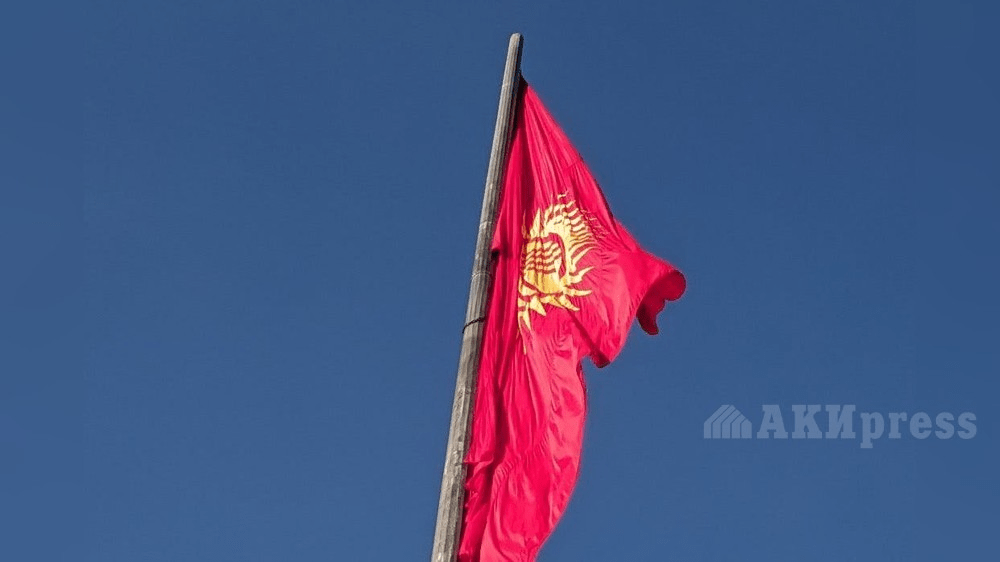Only Turkmen Names Allowed
Ethnic minorities in Turkmenistan are reportedly being told they must give their newborn children tradition Turkmen names. The process of “Turkmenization” has been underway in Turkmenistan for many years, but until recently it had not affected the proper names of non-Turkmen citizens. According to a recent report from Radio Free Europe/Radio Liberty’s Turkmen service, known locally as Azatlyk, officials in the eastern Lebap Province were previously urging the Uzbek and Tajik communities in the province to give their newborns Turkmen names. Now this is no longer a suggestion, but a requirement. Lebap borders Uzbekistan. Many Uzbeks and Tajiks lived in this area long before Soviet mapmakers finally drew borders that after the collapse of the USSR in late 1991 became the frontier of Turkmenistan and Uzbekistan. Turkmenistan for Turkmen [caption id="attachment_30930" align="aligncenter" width="1115"] stat.gov.tm[/caption] The credibility of official statistics from the Turkmen government has been called into question many times over the years, and the size and ethnic make-up of the population are no exception. According to the most recent census figures (released in 2023), Turkmenistan’s population is just over seven million people, though the real figure is almost certainly less than that, and could be as low as four or five million. Turkmenistan has been experiencing significant economic problems for some ten years, and many citizens have left the country. For example, as of December 2024, more than 205,000 Turkmen citizens are officially registered as living In Turkey, and that figure could be three times higher or more, including those Turkmen citizens who are illegally residing there. The census released by the Turkmen authorities lists the populations of 14 specific ethnic minority groups. Roughly one million Turkmen citizens are ethnic minorities. The top three are Uzbeks, numbering 642,476, Russians, 114,447, and Baluch, 87,503. These figures might be lower soon, however, at least officially. Authorities in Lebap are also reportedly recommending people from non-Turkmen groups give their nationality as Turkmen in their documents. Being an ethnic Turkmen matters when seeking employment in Turkmenistan, so there is an added incentive for minorities to claim they are Turkmen in official documents. Turkmenistan would not be the first country in Central Asia to have rules on naming newborns. Authorities in Tajikistan banned children from being given foreign names some eight years ago. The Language and Terminology Committee of Tajikistan’s Academy of Science produced a list of more than 3,000 approved Tajik names for children; however, that rule applies only to ethnic Tajiks. Minority groups in Tajikistan are free to name their children as they wish. Azatlyk reports that the authorities are also warning ethnic Turkmen about giving their children non-Turkmen names. Turkish names were becoming popular among Turkmen in Turkmenistan, and some Turkmen families living near Uzbekistan were giving their children Uzbek names. The difficulties in obtaining information from Turkmenistan make it difficult to know if the naming policy being enforced in Lebap exists in other parts of the country. Turkmenistan’s government has, to the greatest extent possible, sealed the country off from...





